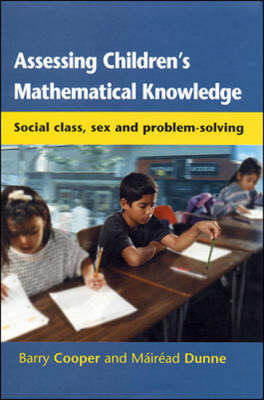National assessment has been introduced in many countries to monitor children's progress in mathematics and to exert some influence over their curriculum experience. In England, children undertake national tests whose results are also used to compare schools. Reflecting thinking in mathematics education, these tests have tended to embed mathematical tasks in supposedly "realistic" settings. Such "realistic" contexts might be expected to have a variety of benefits. Perhaps working class children will benefit from the "relevant" nature of such contexts? Perhaps girls will perform better on such items? In order to address such questions, the authors have undertaken quantitative and qualitative research with 10-11 and 13-14 year-old children to explore their interpretation of and performance on English national mathematics test items, with a special focus on the validity and fairness of "realistic" items. This text draws on the work of Bernstein and Bordieu to make sense of findings which suggest that the validity of such items may vary by social class and sex.
- ISBN10 0335203175
- ISBN13 9780335203178
- Publish Date 1 December 1999
- Publish Status Out of Print
- Out of Print 17 November 2004
- Publish Country GB
- Imprint Open University Press
- Format Hardcover
- Pages 240
- Language English
